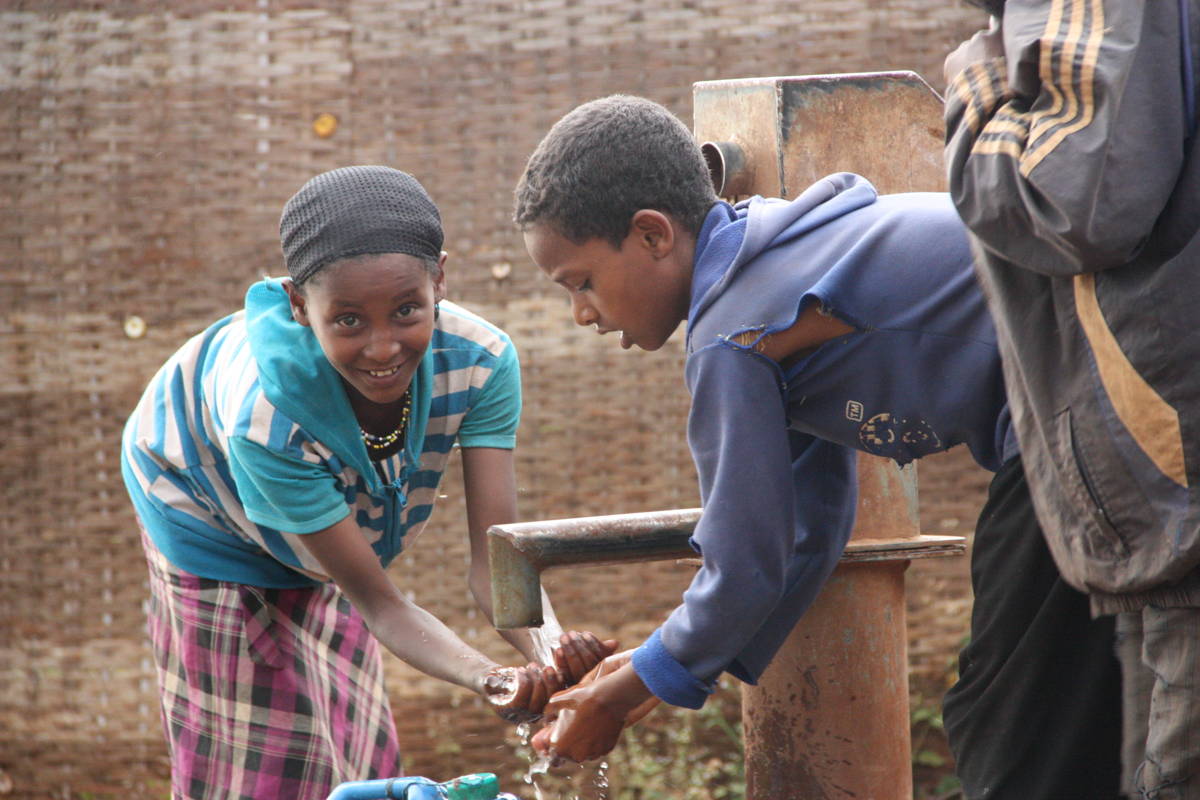
Together with Welthungerhilfe, we have been working since 2015 to provide clean drinking water in the Limu region of Ethiopia. We are pleased that the project is progressing with great strides.
Already 4,200 people can benefit from the completed water kiosks. Our sub-project for improved access to clean drinking water for 18,900 people is not far from its goal. Here’s what’s happened since our last update!
Update 2019: Thanks to the awesome work of our local team, we are now able to allow more than 37,100 people access to clean drinking water
What’s new?
- Three of the five planned water kiosks have now been completed, so 4,200 people are already benefiting (in Barkimo, Kujo and Hawasso)
- Protection of the water spring is essential: tree seedlings are planted and a stone wall is built to prevent flooding and landslides.
- A water safety concept as a new strategy: 16 members of the Doyo Toli and Doyo Bikila communities prevent the pollution of water springs
- Workshops with residents of Doyo Toli and Doyo Bikila communities to raise awareness of hygiene and sanitation among local people
- Evaluation meeting of the committees on the WASH project
How does the water get from the spring to the villages?
Already 5 water kiosks are completed and in active use. 4,200 people from the villages of Melko, Haro (in Doyo Toli), Barkimo, Kujo and Hawesso benefit from the kiosks, which give them access to safe drinking water.
The clean water from the developed springs is first piped to water reservoirs and from there to the respective kiosks. Since the beginning of the installation works, trenches of about 11 km have been dug and laid with pipes. Work on the Homecha spring has already been completed and work on the Shaki spring is also progressing. Detailed assessments by a water expert are currently taking place here.
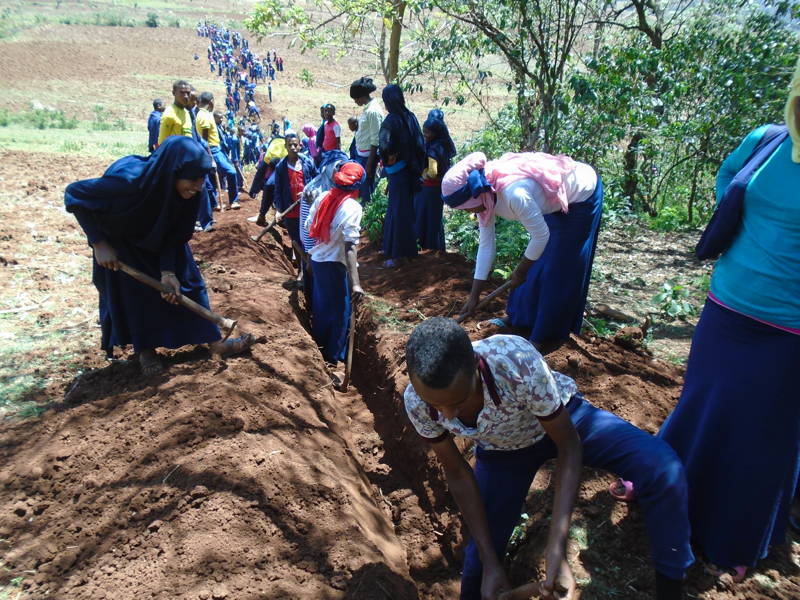
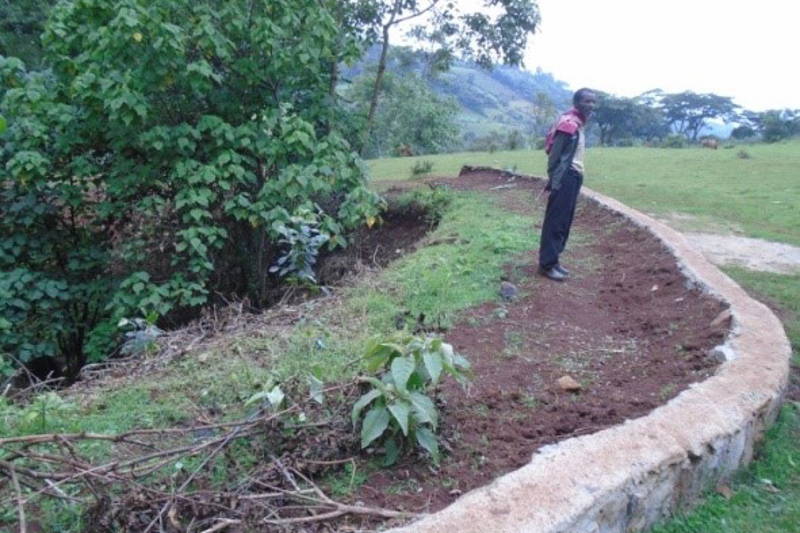
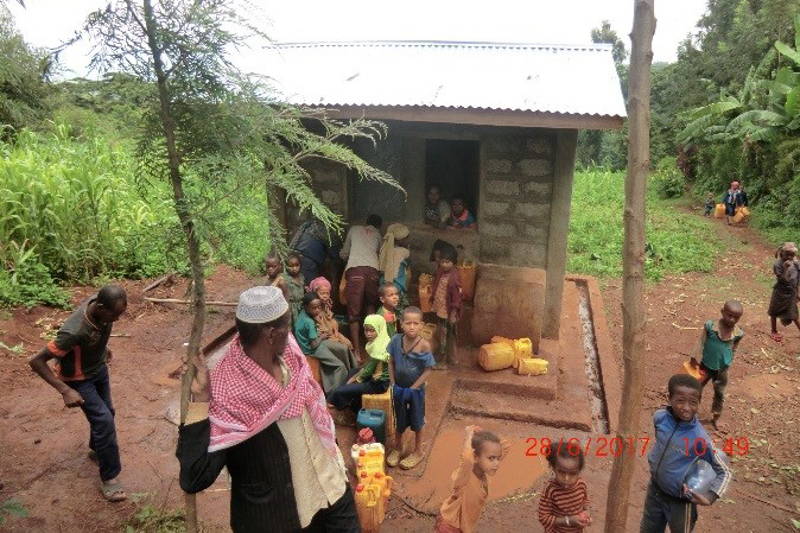
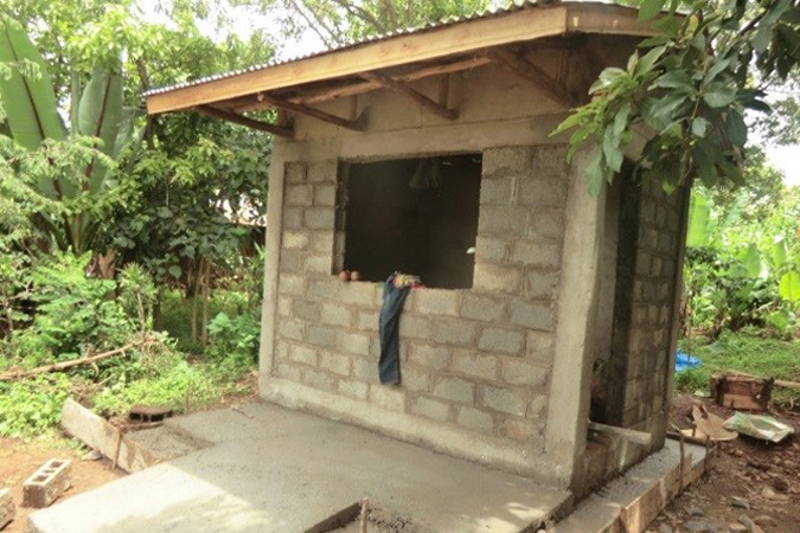
Fortification of the spring by trees
Already in the winter of 2015 we told you about the development of the Homecha spring. In recent months, the spring has been secured by further measures. A wall was built around the „head“ of the spring to protect it from damage and pollution caused by flooding. In Ethiopia there is a small and a big rainy season per year. From June to September, Ethiopia has the big rainy season. During this time, a lot of rain falls, which can quickly cause flooding. The soil of the spring is to be fortified by natural helper plants. For this purpose, it has been prepared for future native tree seedlings that will fortify the area and thus prevent landslides and pollution of the spring.
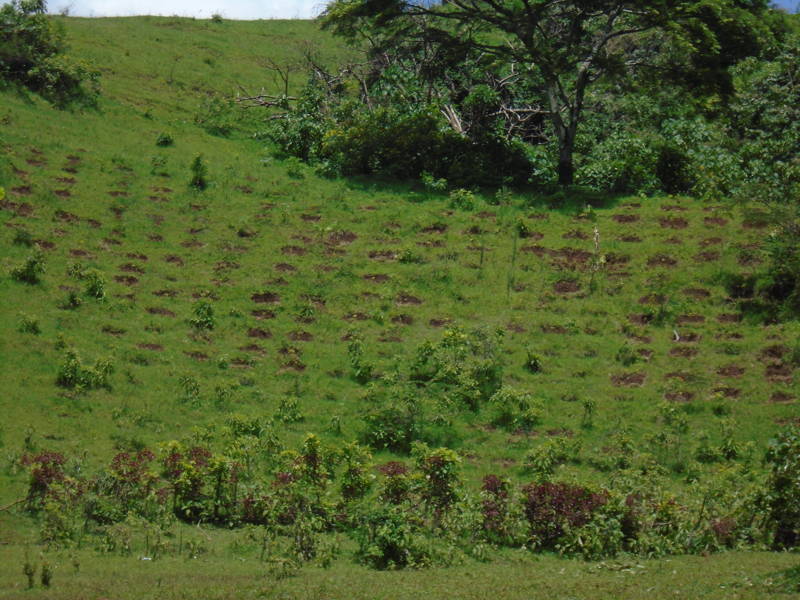
How does the water stay clean?
On the way from the source to the consumer’s home, there are many points where drinking water, which is actually clean, can become contaminated. Therefore, a „Water Safety Plan“ is needed to ensure a safe water chain. For this purpose, a team of 16 members from the Kebeles Doyo Toli and Doyo Bikila was formed, which from now on will take care of a safe water supply system of the Homecha source with continuous measures.
In order to keep the water clean, it is also important that it is not contaminated by everyday actions. This includes education and more awareness about hygiene. In the last update, we already introduced you to some of the methods that are being used in sanitation training. For example, in Kebeles Mana and Seka Chekorsa, home visits and hygiene awareness workshops are being conducted to help residents become ODF (Open Defecation Free). This means that people no longer have to go to the toilet in the open. Health workers are working to make people aware of hygiene: Where can I come into contact with harmful germs and how can I avoid this? What are the consequences of my hygiene behavior for me and the community?
Since the start of the WASH project, general hygiene and sanitation has improved in all kebeles where the project is implemented, especially in terms of hygiene practices and the implementation of household and community latrines and their proper use.
After the „Training of Trainers“ was completed at the kebeles‘ schools, the trainers trained there have continued other workshops at their schools. Regular sanitation campaigns and hygiene and sanitation awareness training sessions are now held in most schools.
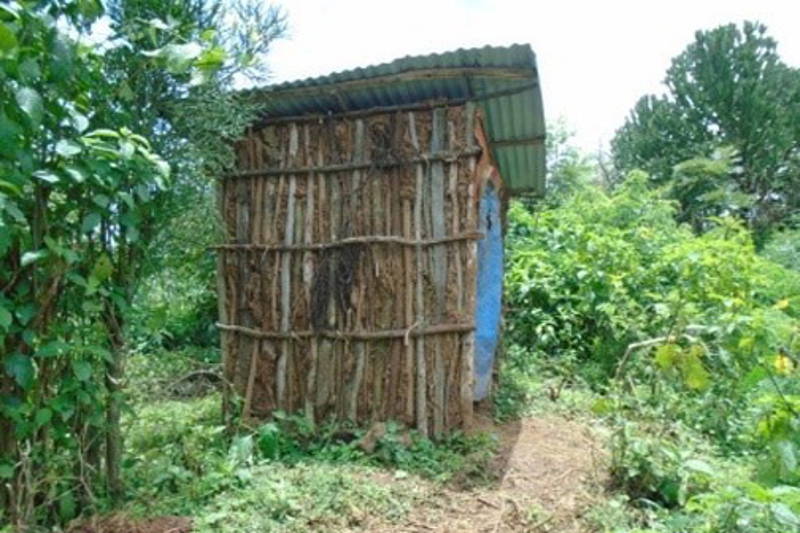
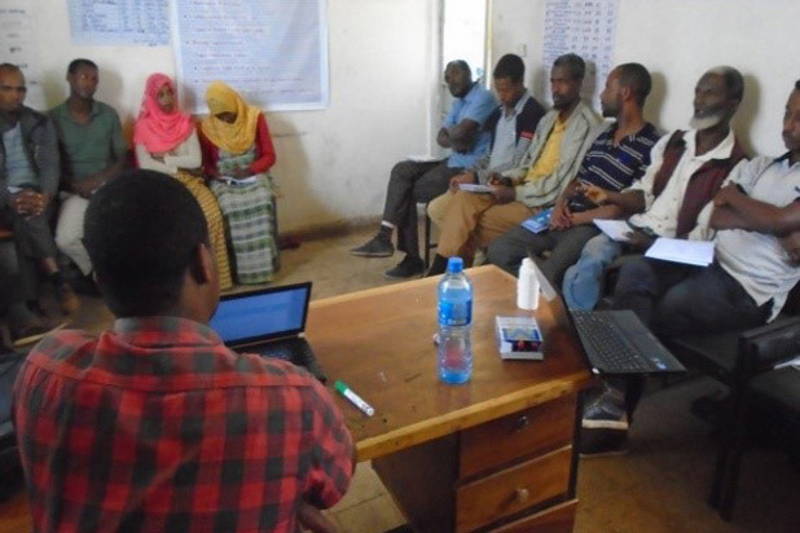
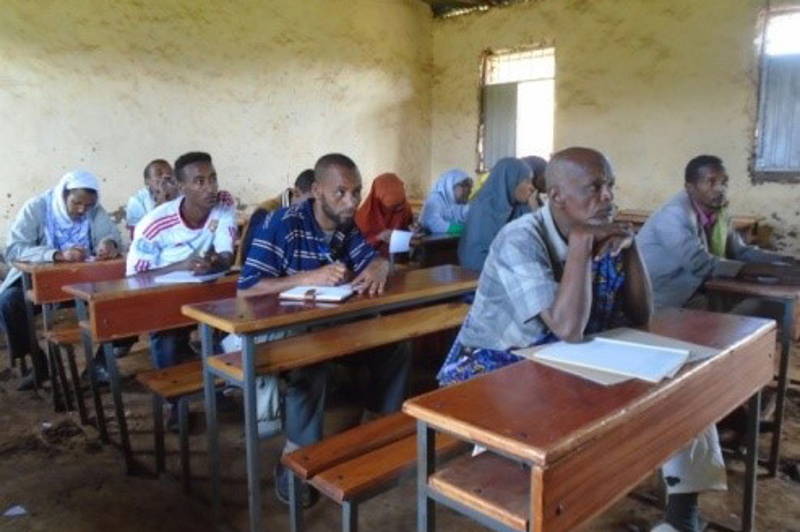
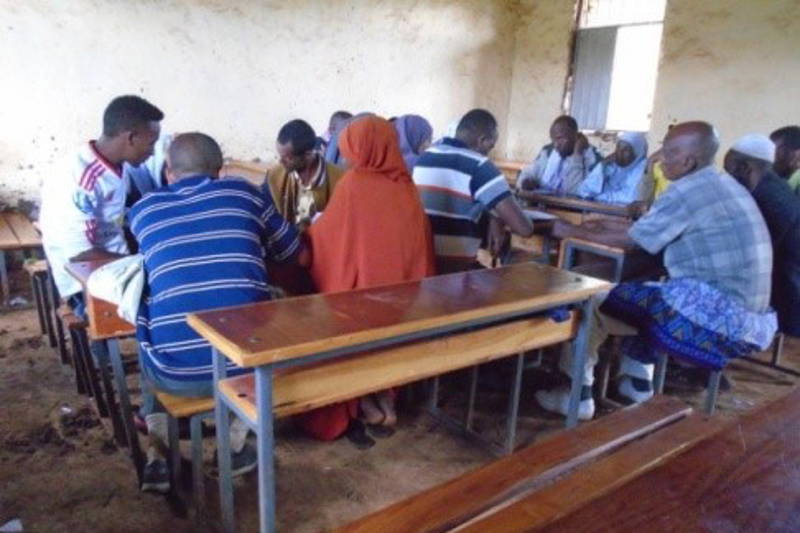
Evaluation meeting of the WASH project
In Mana District, which includes the kebeles Doyo-Bikila and Doyo-Toli, the quarterly evaluation meeting of the hygiene and sanitation committees was held. The committees of both kebeles reported there on the general status of hygiene and sanitation. Progress is good, but there is still room for improvement. Previous difficulties causing delays in the implementation of ODF measures were also discussed. At the end of the meeting, key issues were identified and a joint action plan was developed.
Challenges
Due to continuous meetings with the government at Kebele (village administration) and Woreda (district) level, the community is not able to help as often as planned with the excavation works for the water pipeline and the installation works.



